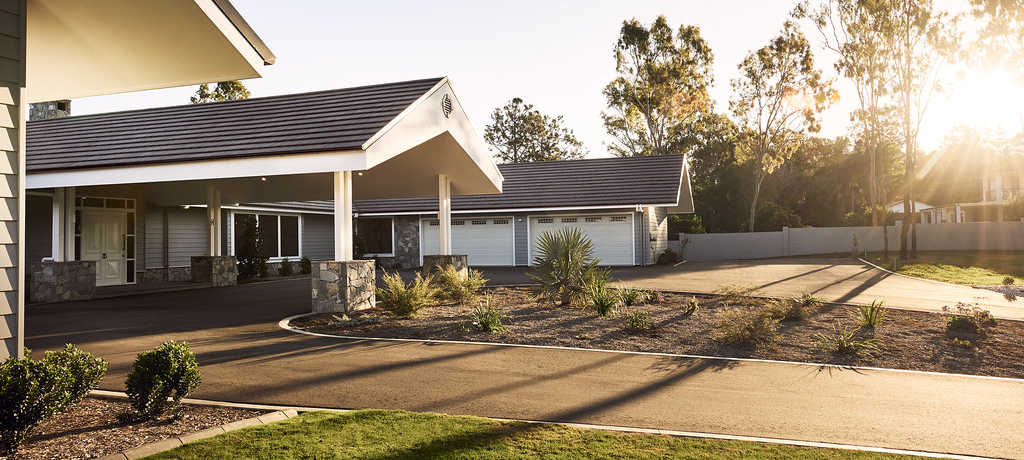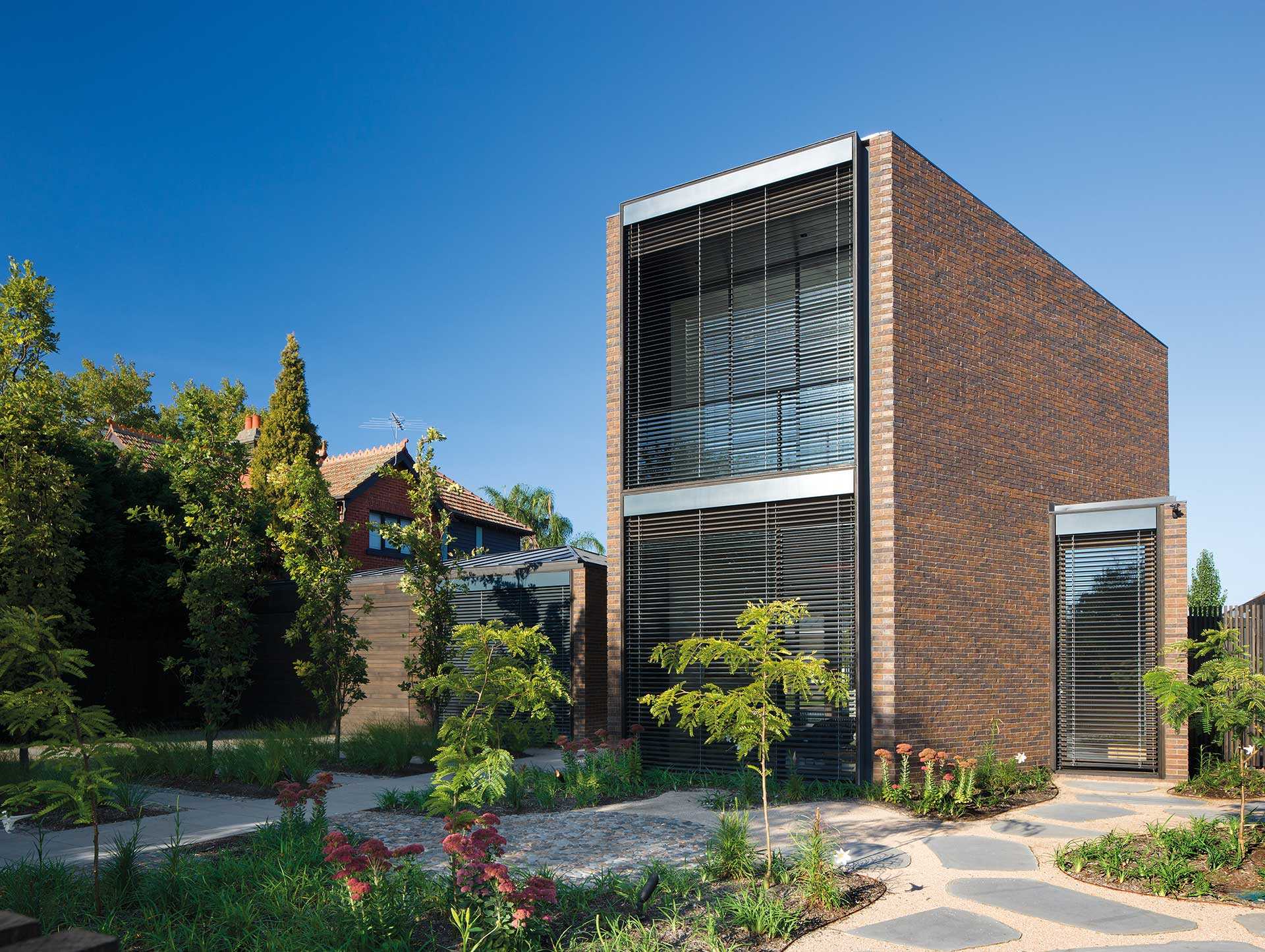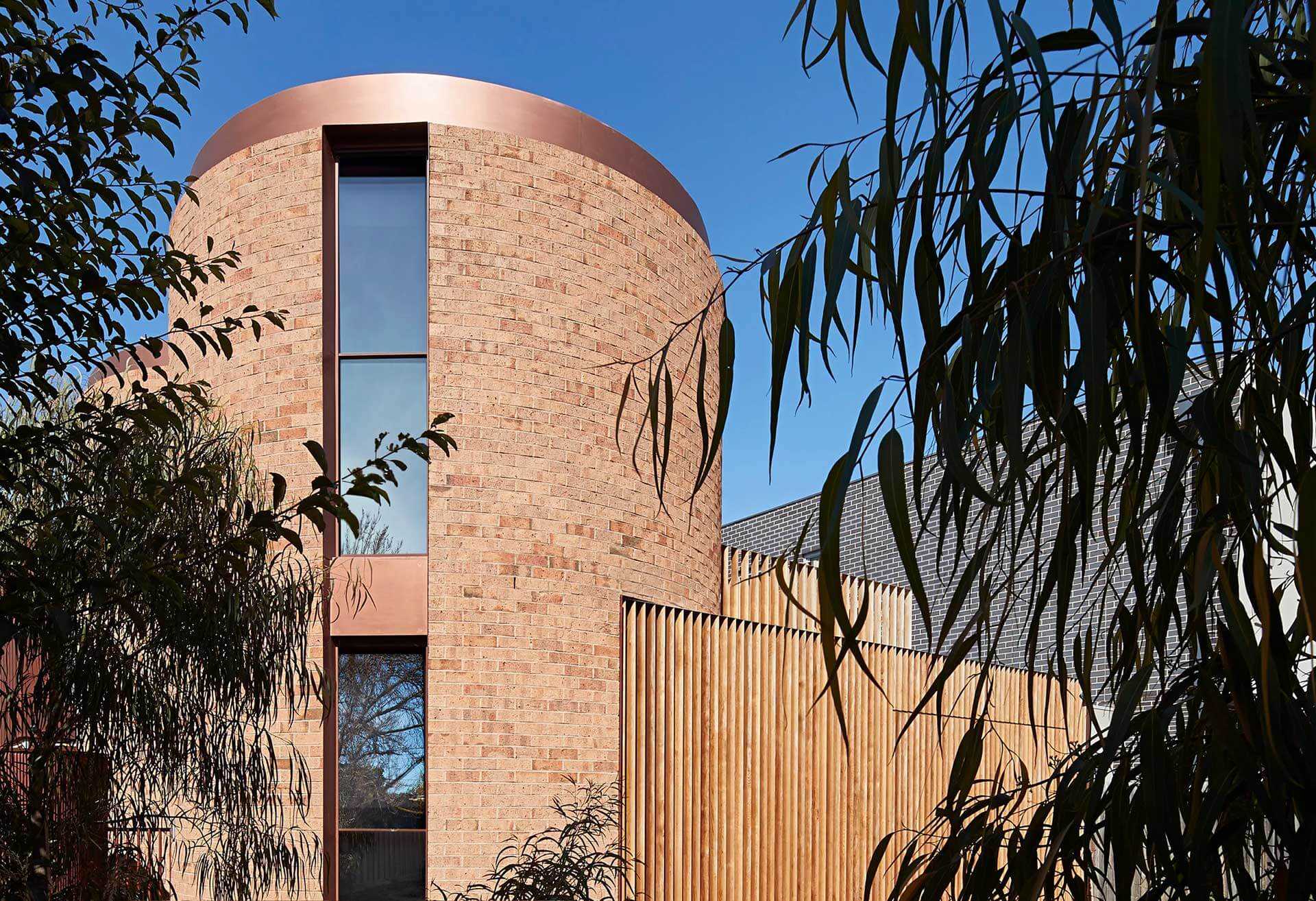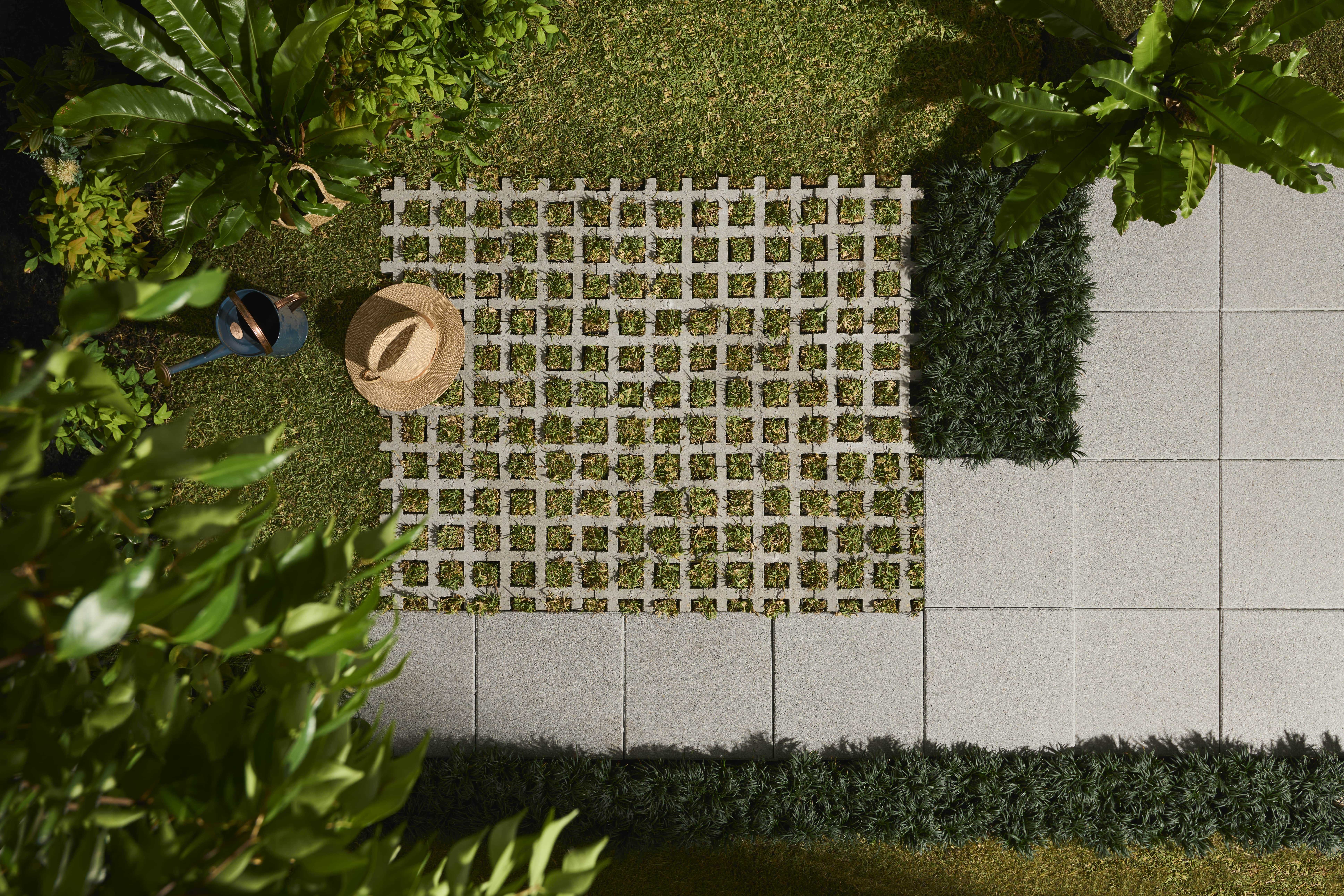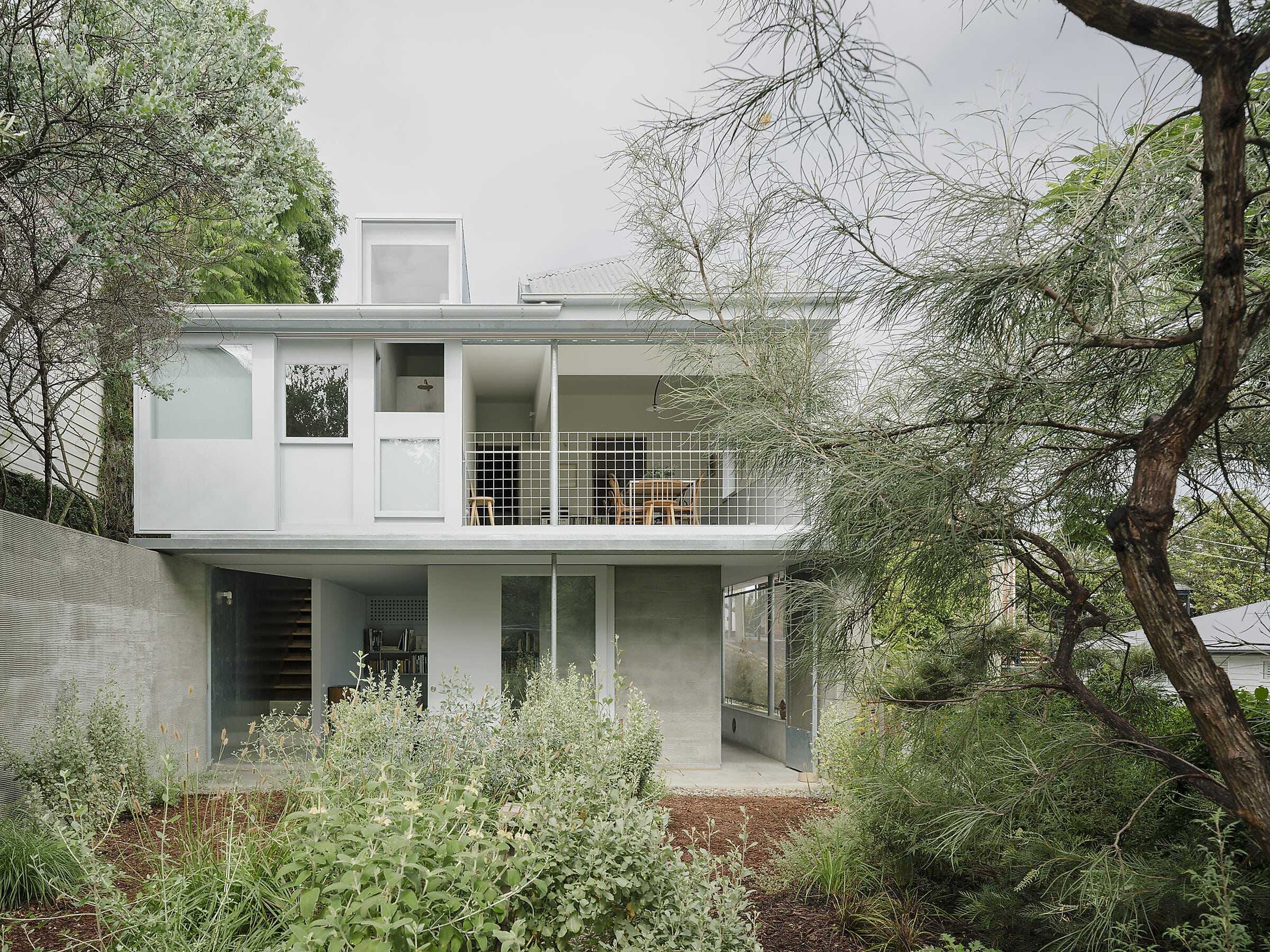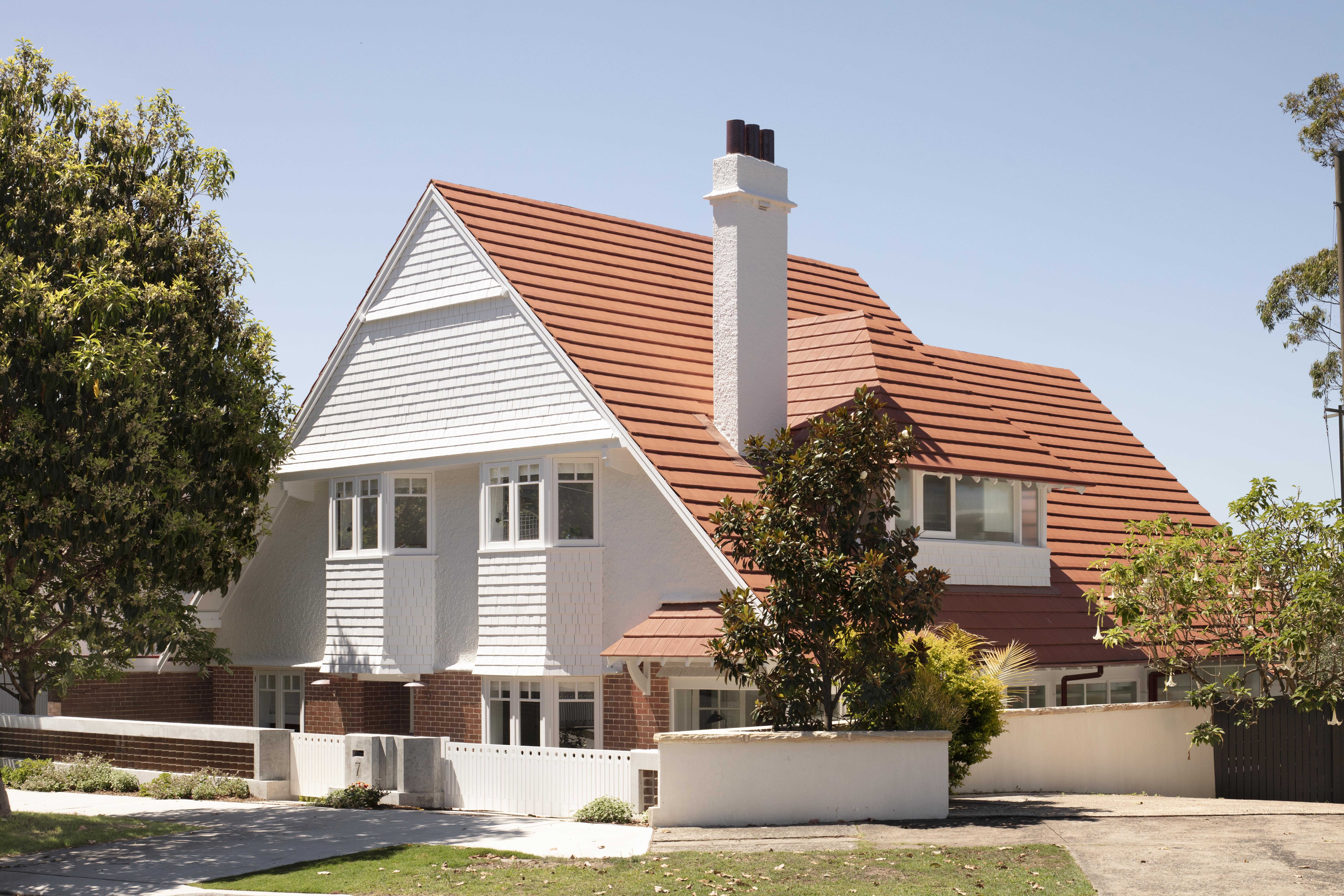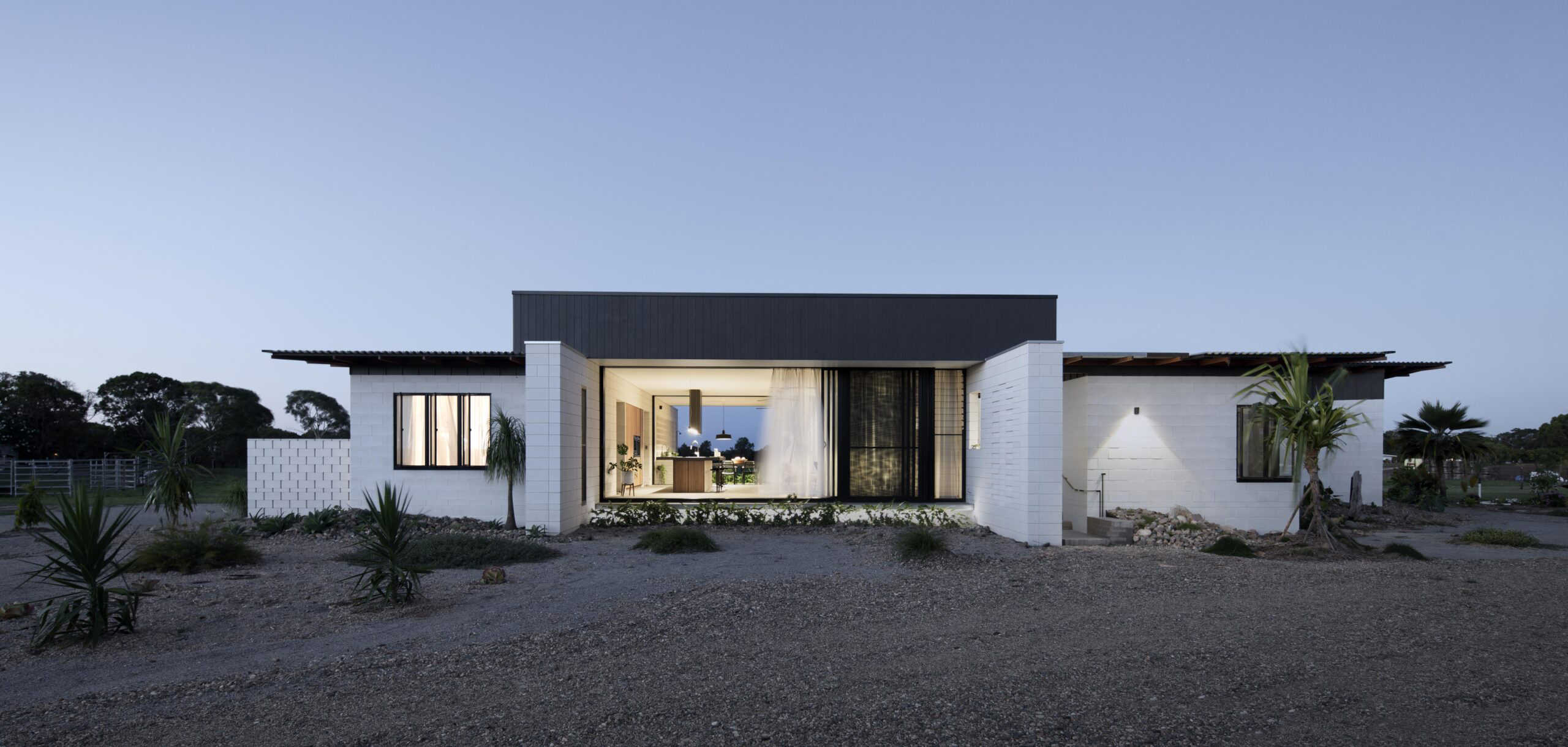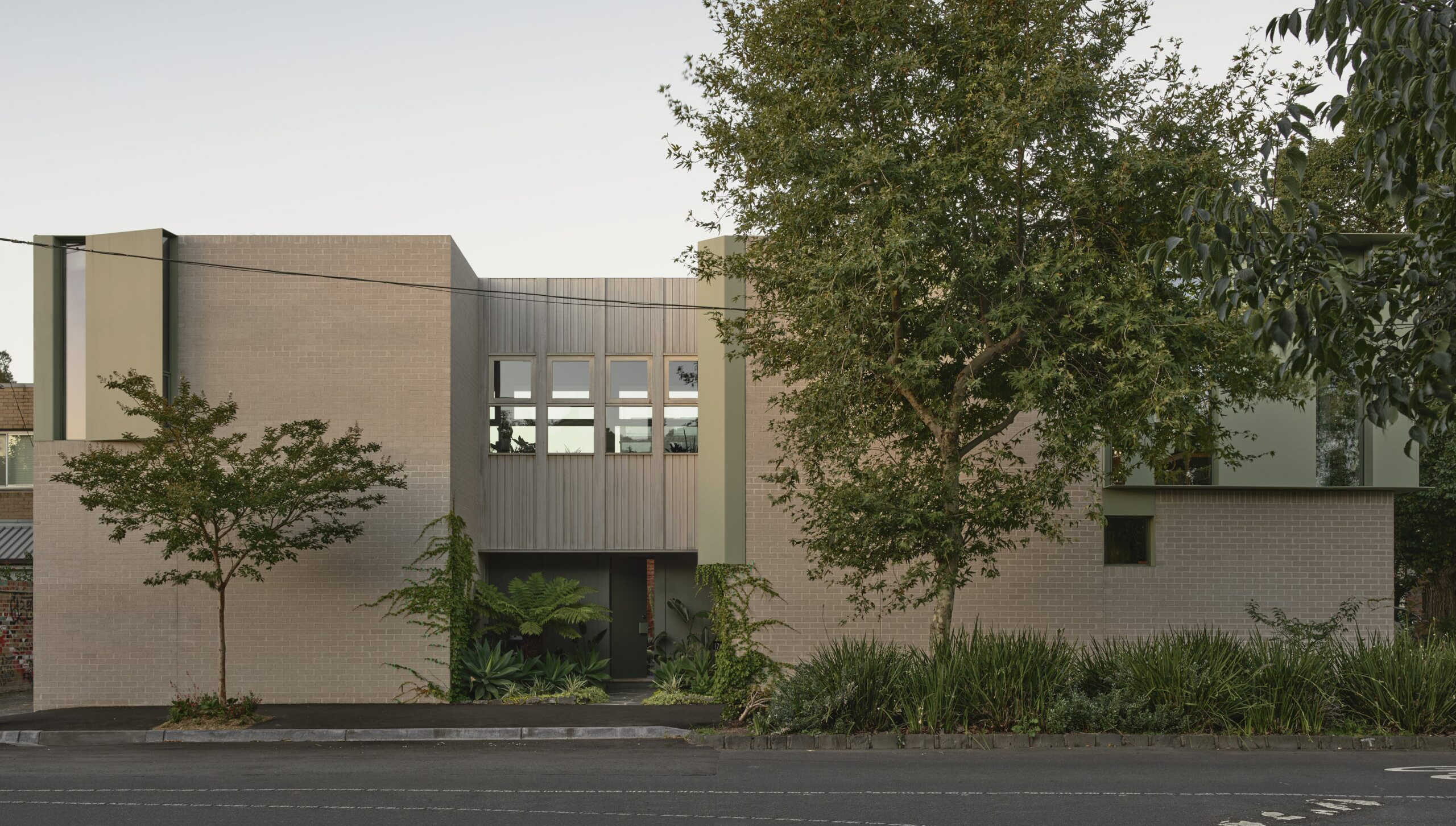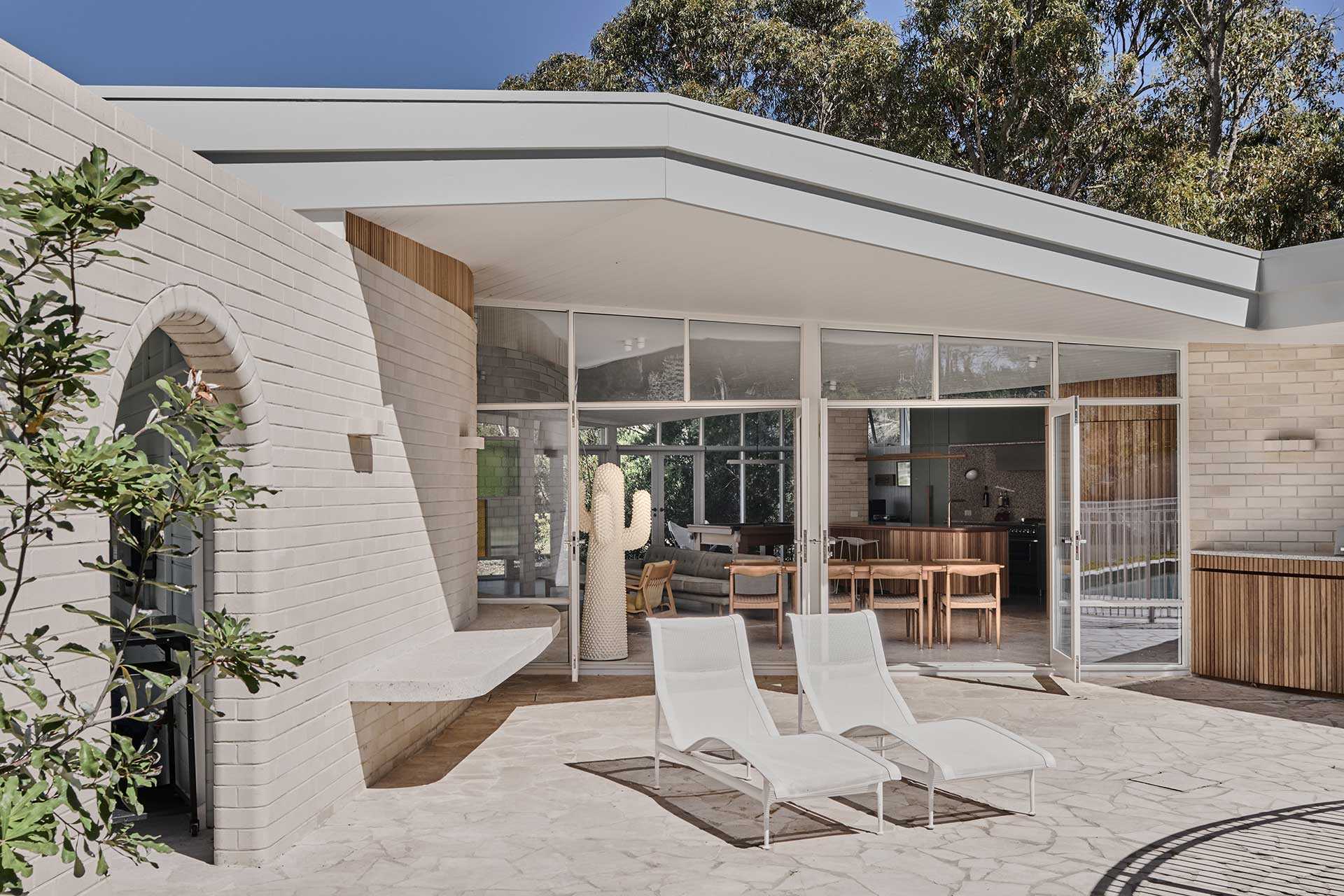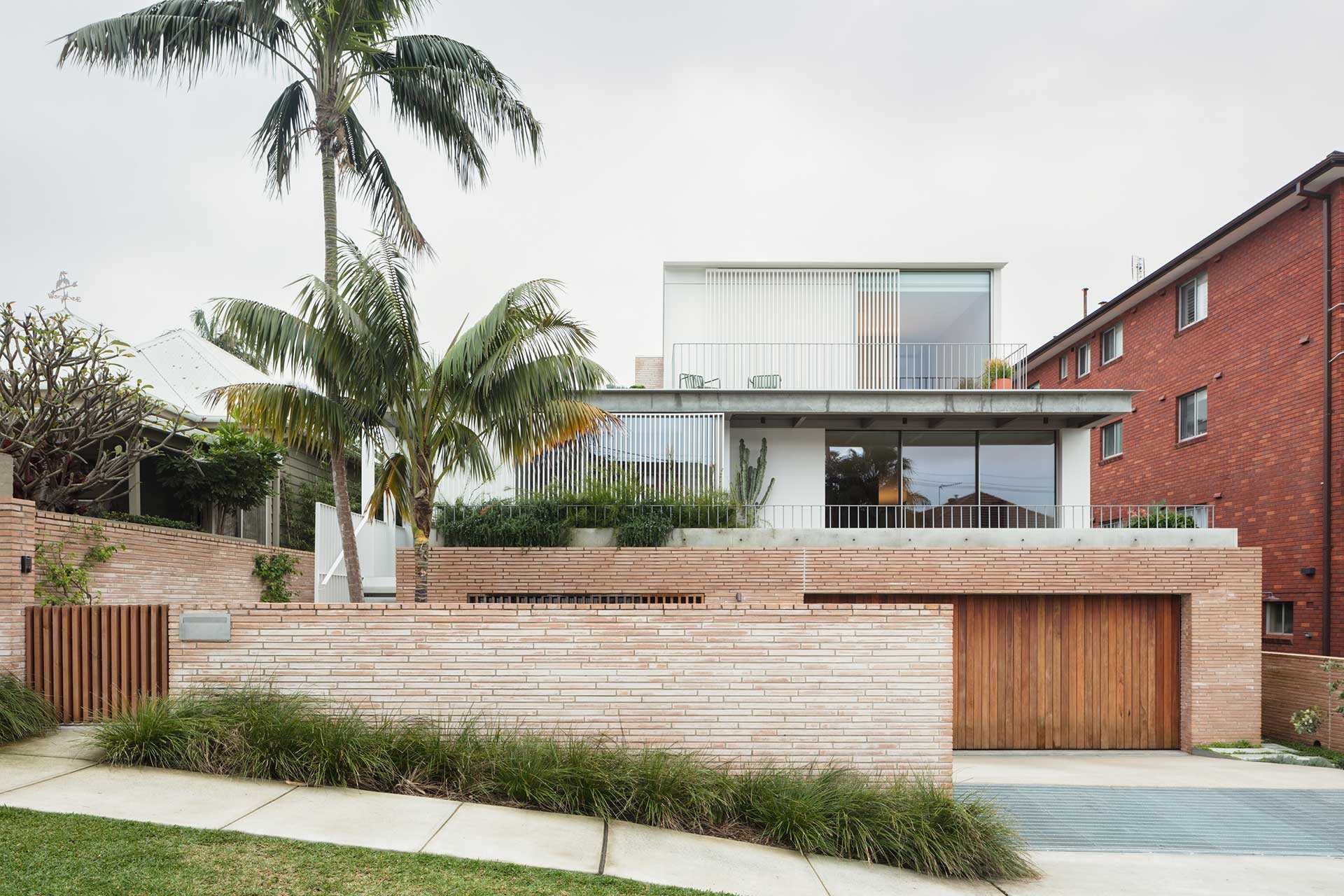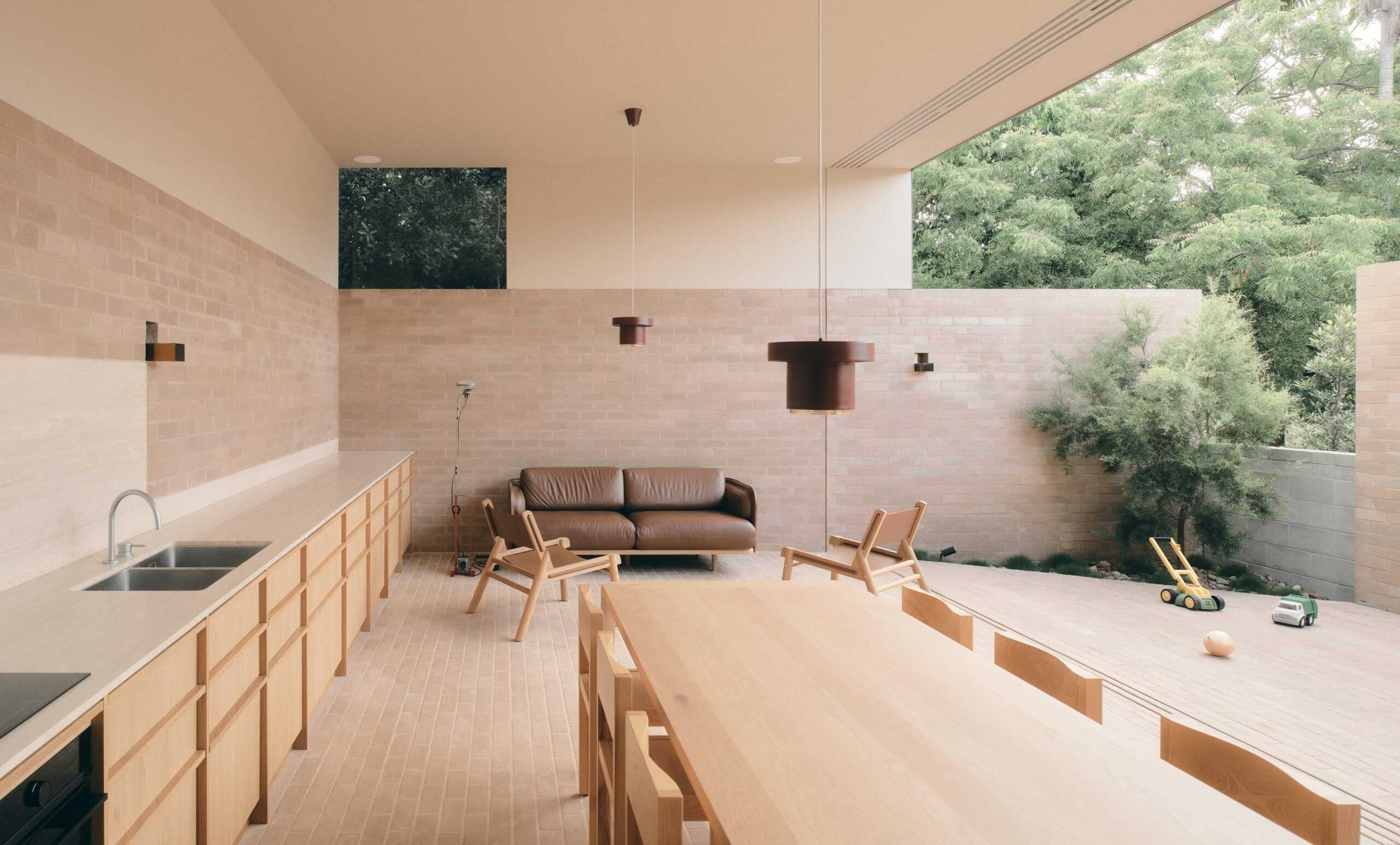5 Sustainable Landscaping Tips For an Eco-Conscious Garden
Project: Art Deco House
Featured Product Austral Bricks La Paloma in Miro
Photography: Peter Bennetts
Architect: Clare Cousins
Builder: Provan Built
Landscape Architect: Eckersley Garden Architecture
Photography: Tess Kelly Photography
Architect: Billy Maynard
Builder: Bricon Projects
Contractor: South Coast Bricks and Pavers
Products: Austral Masonry Australite in Smooth Grey and Bowral Bricks in Chillingham White
Photography: Rory Gardiner
Architect: Richards & Spence
Product: GB Masonry Honed in Porcelain
Photography: Yaseera Moosa
Architect: RAD Studio
Builder: Cavallaro Building Services
Product: GB Smooth, Wedge breeze in Porcelain
Photography: David Sievers
Environmentally conscious gardens value natural resources, celebrate the beauty of native flora and generate homegrown produce. In reducing their impact on their natural setting, these landscapes make a positive contribution to the environment, are low maintenance and promote economic sustainability.
Follow these five top tips to create an outdoor area that priorities preservation.

01
Conserve Water
Water is often treated as a waste product, despite the societal demand for water reaching new heights. Unnecessary irrigation and the disposal of rainwater contribute to its futility. By seeking to treat water as a valuable resource within our gardens, we can reduce the need for irrigation and still see our plants thrive.
Collect, store and use any rainwater you can or incorporate any ponds within a passive water management system. Low-water vegetation will also maximise water preservation, while accommodating for Australia’s drier climates. If your garden still requires irrigation, be sure to use an efficient system that generates water in a controlled manner.

02
Native Plants
When beginning your landscaping, resist the urge to start afresh and preserve some vegetation. The disruption this causes to your soil and the surrounding wildlife can be detrimental, putting natural processes to a halt. By preserving or planting native plants, you will not only be reducing your impact on the environment but creating a low-maintenance garden that will naturally thrive. As local climates tend to differ between states, it is important to research the types of plants that are most optimal within the specific soil and weather patterns of your home.

03
Natural Materials
Construction waste creates excess pollution and reusing any existing rocks, timber and stones can greatly decrease this. By using materials belonging to the environment, you can create unique and visually appealing gardens that are suited to your local environment. These materials are also less likely to pass potentially harmful chemicals through your garden.

04
Natural Fertilisers
Resist from pouring chemicals over your garden and instead opt for alternative, natural products that are safe for your plants and the environment. While chemical products can be essential in keeping a dying garden alive, they do not have to be a part of your maintenance routine. Composting any organic waste, such as fruit and vegetable scraps, coffee grounds and eggshells, produced in the home can reduce costs on store-bought fertiliser and help your garden thrive. Alternatively, grass clippings, sawdust and shredded newspaper are also good materials to create a nutritious homemade fertiliser.

05
Veggie Patches
Making your garden a source of sustenance can greatly decrease your eco-footprint and expenses by minimising your reliance on factory food production. Talking to your local nursery can help you select the plants that will grow best in your climate. While veggie gardens initially require extra effort, getting into a routine of watering, fertilising and tending to your plants can yield impressive, worthwhile and delicious results.
Whether you choose to prioritise native materials, conserve natural resources or grow your own, following these tips will be sure to result in a beautiful, sustainable landscape.
“Environmentally conscious gardens value natural resources, celebrate the beauty of native flora and generate homegrown produce.”

“Environmentally conscious gardens value natural resources, celebrate the beauty of native flora and generate homegrown produce.”
Learn about our products.
Join us at an event.
Transport to the Italian countryside and create your own Mediterranean oasis at home with this simple guide.
